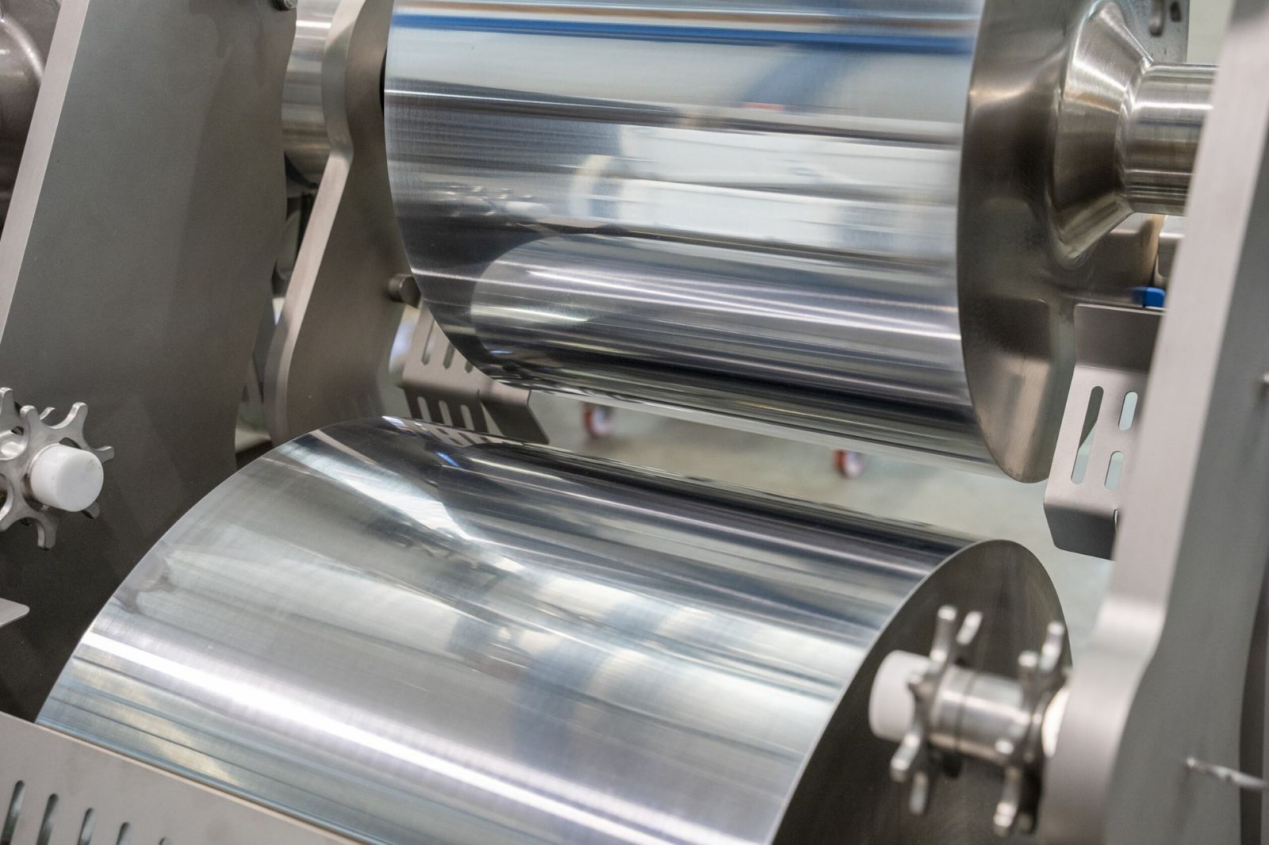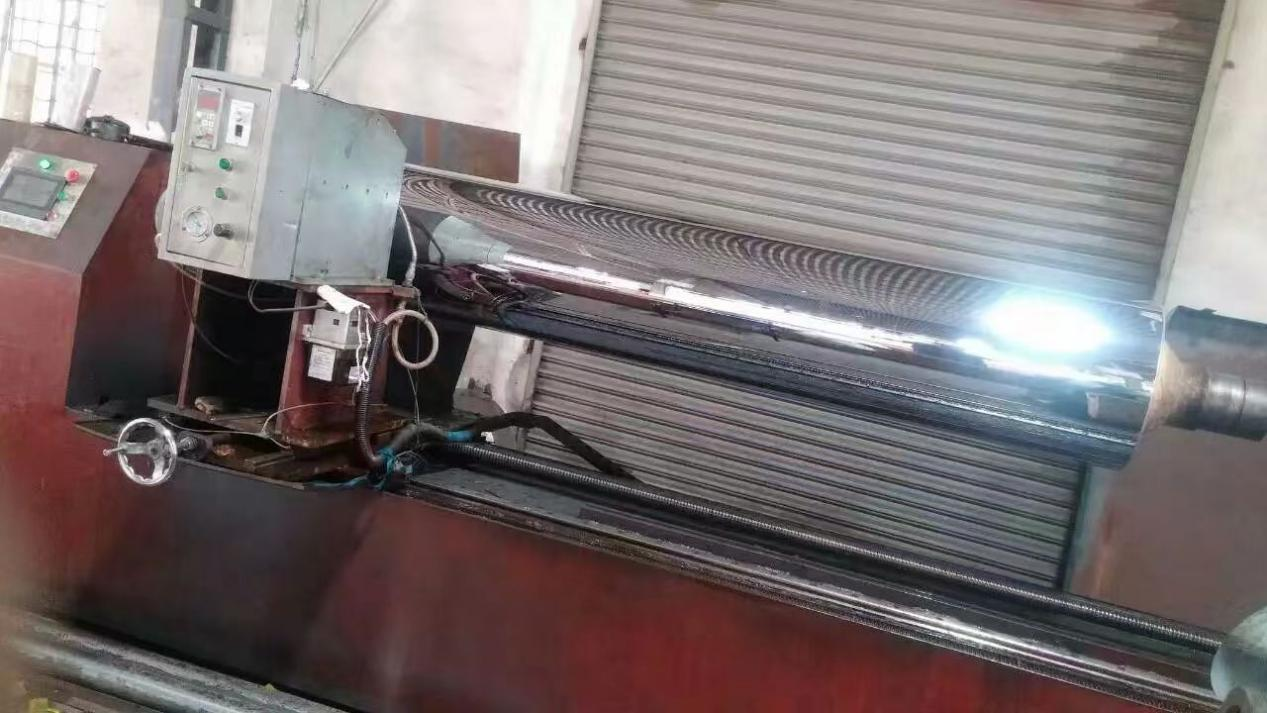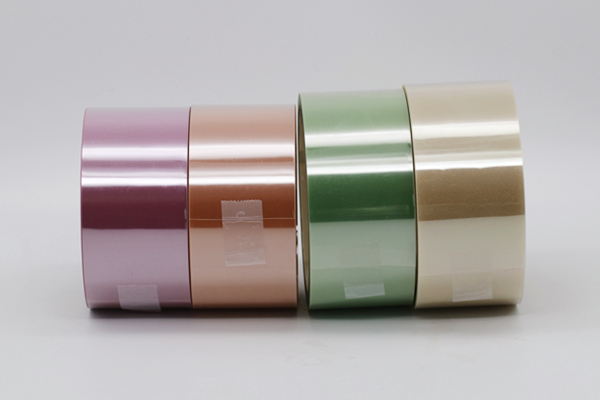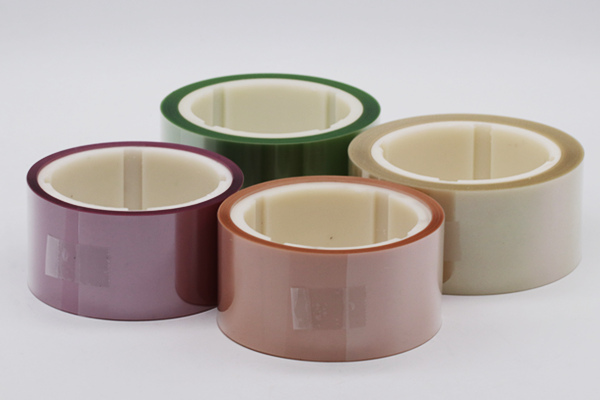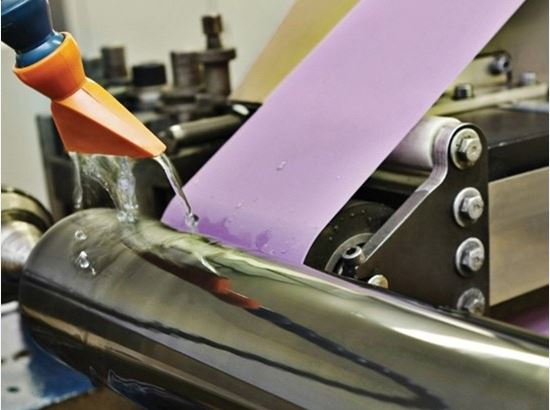Case of polishing film for finishing WC coating roll
Rollers are products used for rolling semi-finished products such as slabs, blooms, and billets. Roller rolling is used for hot rolling equipment, thick plate equipment, and steel bar equipment.
Rollers are important equipment to ensure the surface quality of strip steel. During rolling production, they will be damaged by mechanical wear, high-temperature oxidation and other factors, which will eventually affect the quality of strip steel. Roller grinding is to restore the mechanical and physical properties, roll shape, and surface roughness of the roll surface, so as to ensure the surface quality and plate shape of the rolled product. Therefore, roll grinding plays an important role in strip steel rolling production.
Roller classification
There are many ways to classify rolls, mainly:
(1) According to product type, there are strip rolls, section rolls, wire rolls, etc.
(2) According to the position of the rolls in the rolling mill series, there are blanking rolls, roughing rolls, finishing rolls, etc.;
(3) According to the function of the rolls, there are descaling rolls, perforating rolls, leveling rolls, etc.
(4) According to the material of the rolls, there are steel rolls, cast iron rolls, carbide rolls, ceramic rolls, etc.
(5) According to the manufacturing method, there are cast rolls, forged rolls, cladding rolls, sleeve rolls, etc.
(6) According to the state of the rolled steel, there are hot-rolled rolls and cold-rolled rolls.
Various classifications can be combined accordingly to make the rolls have a clearer meaning, such as centrifugally cast high-chromium cast iron working rolls for hot-rolled strip steel.
The material of the cast iron, steel and alloy roll is usually selected according to its use conditions and performance requirements, mainly including cast iron, steel, alloy, etc. The following is a detailed introduction to the roll materials: Cast iron roll. Cast iron roll is one of the roll materials because of its stable composition, excellent physical properties, simple manufacturing process and other advantages. However, cast iron roll has low strength, is prone to fatigue and thermal cracking, and has a relatively short life.
Steel roll
Steel roll has the characteristics of high strength, wear resistance, corrosion resistance, etc., and is widely used in various rolling mills. However, the manufacturing process is relatively complex and the cost is relatively high. Alloy. Alloy rolls include chilled cast iron, unbounded chilled cast iron, ductile iron, high chromium cast iron, alloy steel, semi-steel, high chromium steel, high-speed steel, cemented carbide, etc. The outer layer and core materials of these materials are mainly selected according to the specific requirements of the roll frame for its use performance.
Composite roll
Composite roll refers to a roll made by combining different materials such as cast iron, steel, seamless steel pipe, etc. It has the characteristics of different materials, has the advantages of high strength, wear resistance, long life, etc., and is widely used in various rolling mills. In addition, the manufacturing process of the roll includes steps such as raw material preparation, casting, heat treatment, machining and quality inspection. Different manufacturing processes have different effects on the performance of the roll. For example, the use of heat treatment processes can improve the wear resistance and hardness of the roll, but its toughness and strength will be reduced. Therefore, in actual manufacturing, it is necessary to make reasonable selections and combinations according to the use conditions and performance requirements of the roll.
Roller grinding is a special form of center-aligned cylindrical grinding; the only difference is that the processed rolls are much larger than traditional workpieces.
Rollers are constantly worn in hot and cold rolling mills and must be replaced and reground regularly. The focus of regrinding cold rolling rolls is to re-achieve a fine surface (structure and roughness).
In contrast, the focus of hot rolling roll grinding is mainly on maximizing the life of the grinding wheel while achieving high economic grinding efficiency.
Recently Moresuperhard have one customer inquiry about polishing film for WC coating roller, lets see it together:
One customer want Grinding wheel for SS304 Ra 0.02 on HASS machine, Attached image of the product, we are making this for the first time. Total size of the roll+shaft is 1800 mm length. The main roller surface for mirror finish is 1050 mm.
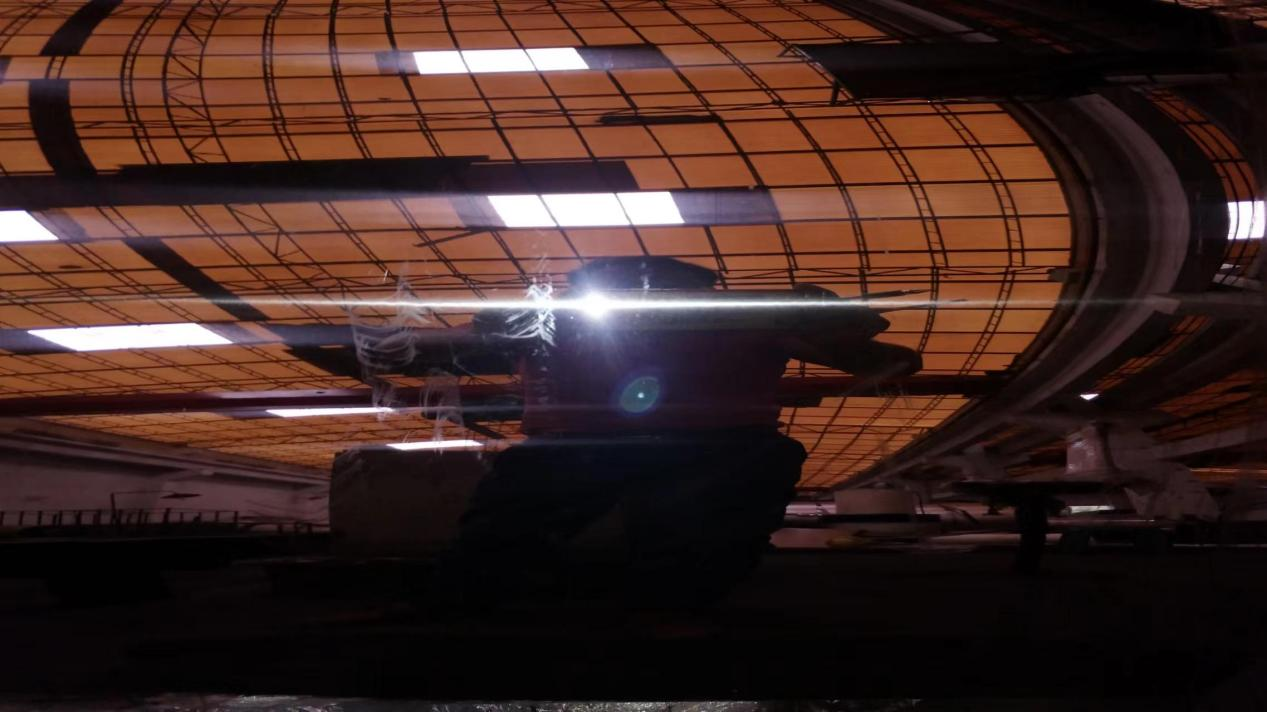
Advice:
To achieve Ra0.02 for diameter 650 x 1050 length roll, the sequence recommended is in five steps: grit 60µm-30µm-15µm-9µm-1µm.
Because customer don’t have film machine, we advice below our film and machine to them, but they’re worried about the grinding effect and don’t want to invest so many card costs at once,
Therefore, after discussions with the technical team,
We advice they buy two sample steel roller with Ra0.02 micro processing by ourself to the customer,
We go through a series of self-turning → grinding → coating → grinding → polishing. After the customer tests and is satisfied with the grinding effect, they will places the diamond film and film machine order with us.
Finally, the customer agreed to this compromise proposal and placed an order for 2 rollers to us, size of L100 x D36mm, WC coated ≥0.1mm, Ra 0.018-0.02 micro, the order are in production.
But in fact, the grinding effect of Ra0.02 is very easy for us, and we can achieve the mirror grinding effect of Ra0.002.
Polishing film is made of carefully selected micron or nano-scale abrasive particles (such as diamond, aluminum oxide, silicon carbide, silicon oxide, cerium oxide, etc.) coated on the surface of a high-strength film to achieve uniform and consistent finish requirements; PSA (pressure-sensitive adhesive) backing can be added for plates, discs, coils, etc. to meet the needs of use on various types of polishing equipment; it can be widely used in the polishing of optical fiber connectors, rollers, hard disks, metal parts, etc.
—-EDITOR: Doris Hu, Anna Wang
—POST: Doris Hu

